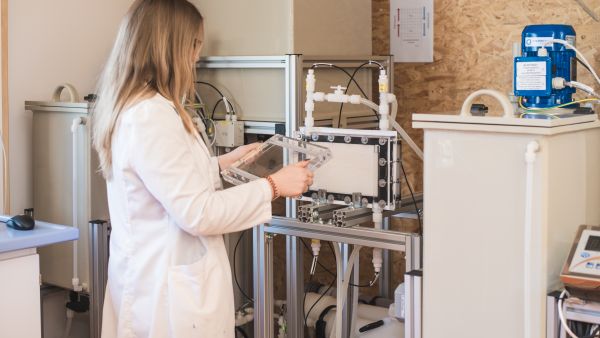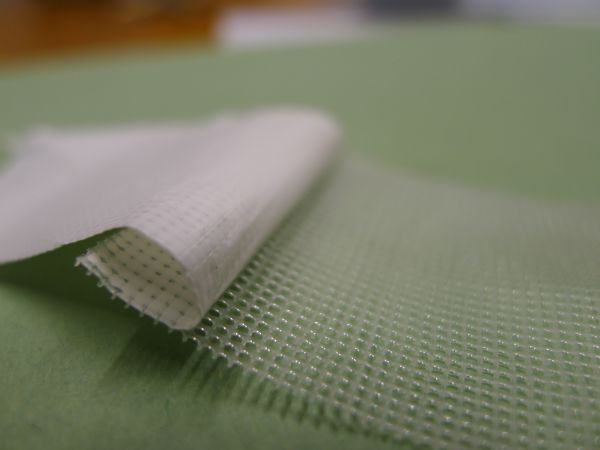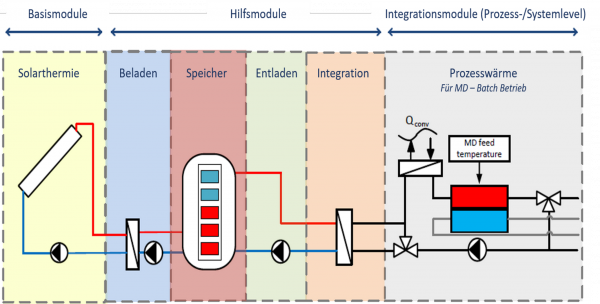IEA SHC Task 62: Solar Energy in Industrial Water and Wastewater Management
Short Description
The change to a sustainable, resource- and energy-efficient industry represents a major challenge in the coming years. The efficient supply of energy, the best possible integration of renewable energy sources and the recovery of resources in the sense of circular economy must go hand in hand. The use of solar process heat represents a large, but so far largely unused, potential in industry. Innovative and concrete solutions are needed for the long-term and successful introduction of solar thermal energy. The integration of solar process heat to supply technologies for waste water treatment represents a new field of application with great technical and economic potential for solar thermal energy. The efficient interaction, the nexus, between solar energy and water opens up new and innovative approaches.
Based on this background, IEA SHC Task 62 addressed selected focus areas and results from IEA SHC Task 49/IV to highlight the opportunities, challenges, and benefits of incorporating solar thermal into wastewater treatment in an industrial context. The main objective was to support the development of solar-powered process water and wastewater treatment technologies, improve conditions, and increase their deployment in order to
- drive the market for solar water treatment,
- solve water problems in locations with abundant solar radiation, and
- reduce water and fossil fuel consumption in industrial and water treatment facilities (municipal and industrial).
The IEA SHC Task 62 took place under the Austrian leadership of DI Christoph Brunner (AEE Intec). In addition to the successful management of the IEA SHC Task 62 on an international level, the present Austrian participation contributed to the demonstration of the potential for solar powered membrane distillation and other thermal separation technologies as well as decontamination and disinfection in different application areas, the development of solar reactor concepts, which simultaneously utilizes heat and UV radiation and produce "solar fuels", the development of integration concepts and the advancement of the use of the technologies in Austria.
Project Images
Terms of use: The pictures listed underneath the header “Project Pictures” originate from the projects in the frame of the programmes City of Tomorrow, Building of Tomorrow and the IEA Research Cooperation. They may be used credited for non-commercial purposes under the Creative Commons License Attribution-NonCommercial (CC BY-NC).
Participants
Australia, Denmark, Germany, Greece, Italy, Netherlands, South Africa, Spain, Sweden, United Arab Emirates
Contact Address
AEE – Institut für Nachhaltige Technologien (AEE INTEC)
Feldgasse 19, A-8200 Gleisdorf
Projektleitung: Christoph Brunner
Tel: +43 (0)3112-5886 - 470
E-Mail: c.brunner@aee.at
Johannes Kepler Universität Linz – Institute of Polymeric Materials and Testing
Altenberger Street 69, A-4040 Linz
Projektmitarbeiter: Gernot Wallner
Tel: +43 (0) 732 2468 6610
E-Mail: ipmt@jku.at



